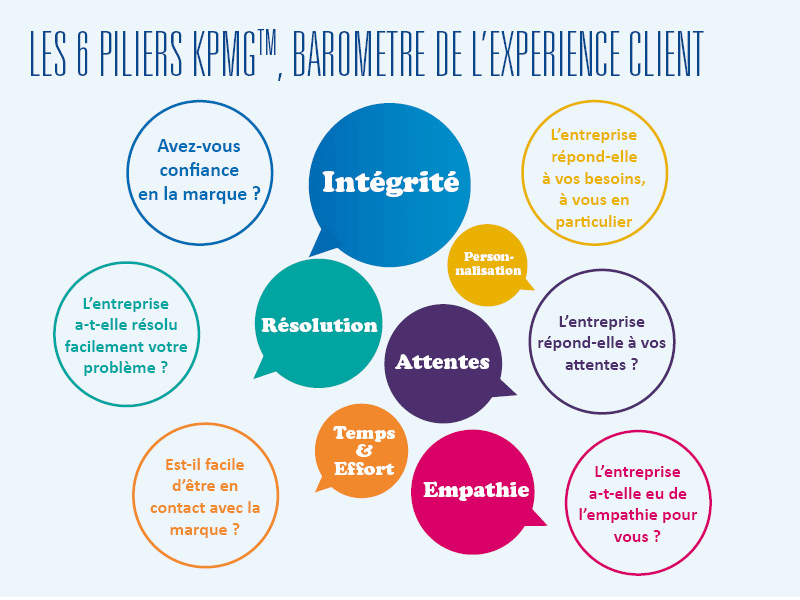Empathy is a remarkable human ability that allows us to connect with the emotions and experiences of others. It is defined as the capacity to understand and feel what someone else is experiencing, by putting ourselves in their shoes. This intuitive gift helps us perceive not only feelings of joy and happiness but also pain and suffering. In fact, empathy plays a vital role in our daily interactions, both personally and professionally.
🔥 Nous recommandons Ideamap
Ideamap est l’outil idéal pour un brainstorming ou un projet collaboratif. Grâce son interface facile et à ses fonctions IA, Ideamap booste votre créativité tout en favorisant une meilleure organisation de vos idées pour atteindre vos objectifs.
The signs of empathy can manifest in various ways. Sometimes, it involves active listening, where one fully focuses on the other person’s words, asking open-ended questions to better understand their emotions. Other times, empathy may translate into an emotional reaction to a difficult situation experienced by someone else. This can lead us to offer support or gestures of comfort, thus emphasizing the importance of this ability in our social life.
The importance of empathy in our relationships is undeniable. Indeed, it fosters the creation of deep and authentic connections between individuals. Understanding what another person feels is essential to cultivating trust, respect, and love. In a world where interactions are increasingly digital, empathy remains a fundamental pillar for maintaining healthy and harmonious relationships.
Furthermore, empathy is not only crucial in the realm of interpersonal relationships. It is also essential in the professional domain. Leaders who possess empathetic skills often perform better because they are able to create a caring and inclusive work environment. This quality helps improve collaboration and reduce conflicts, making teams more effective.
It is important to emphasize that empathy can be subject to misinterpretations. Sometimes, individuals may use this skill for manipulative purposes, seeking to exploit the emotions of others. It is essential then to cultivate critical thinking and protect oneself against such situations. Knowing when and how to demonstrate empathy represents a valuable social skill that requires attentive listening and good management of one’s own emotions.
To better understand empathy, it is necessary to distinguish it from sympathy. While sympathy involves an understanding of others’ emotions, it does not require the same level of emotional identification. Being empathetic truly means diving into another’s feelings, while sympathy remains outside of those emotions. This nuance is crucial for developing genuine relationships based on authenticity and mutual understanding.
Finally, in a constantly evolving world, empathy is more important than ever. It is a key factor in various fields, including education, where it can transform interactions between teachers and students. Therefore, understanding and cultivating this ability is a crucial step towards better personal and social development. The pursuit of balance and harmony in our daily lives inevitably involves this understanding of others, enriching our existence and that of those around us.













